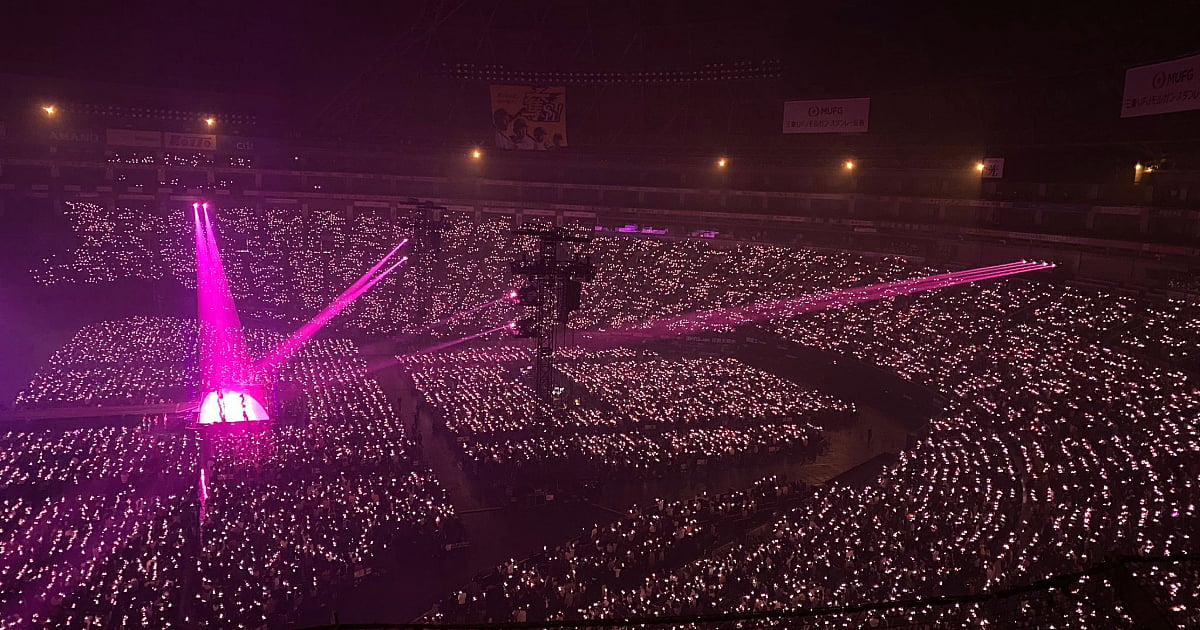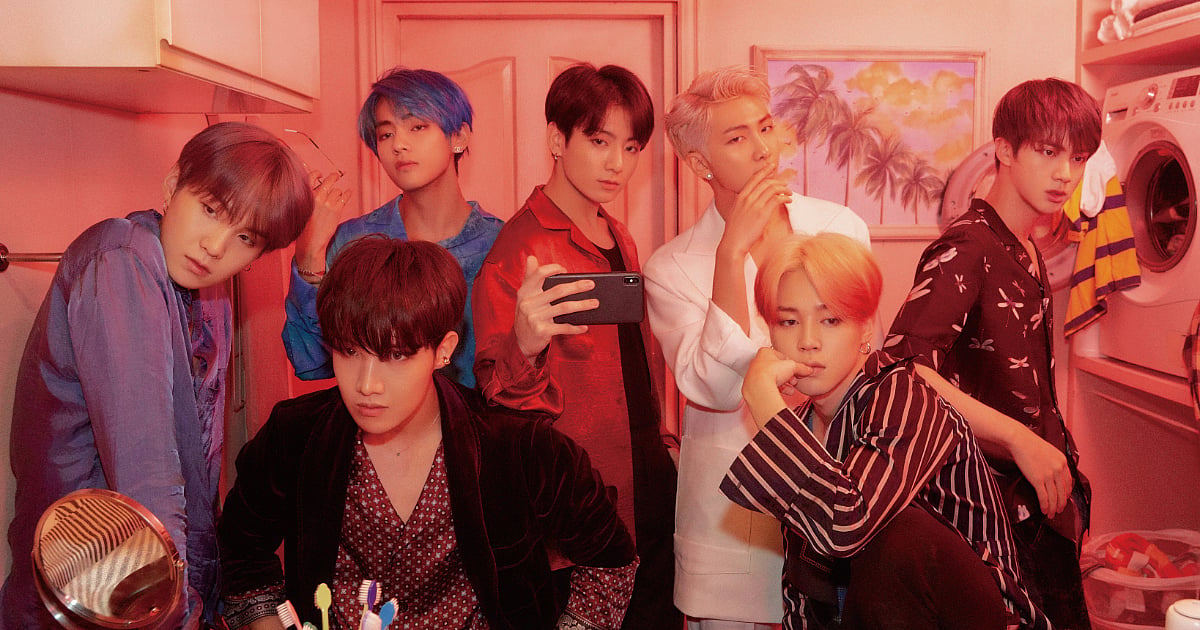
Shueisha secures major U.S. court win in manga piracy case.
Shueisha Wins DMCA Case Against Manga Piracy
U.S. federal court ruled that Cloudflare must disclose details about Mangajikan, boosting publishers’ efforts to fight against growing global manga piracy.
- DMCA subpoena upheld, strengthening copyright enforcement tools.
- Cloudflare is classified as a Section 512(c) service provider, not a passive conduit.
- Manga piracy remains a growing global threat, especially in the U.S.
The Japanese publisher Shueisha has secured a landmark victory in a U.S. federal court against the Mangajikan operator (and related domain alammanga.com). The court confirmed that a Digital Millennium Copyright Act (DMCA) subpoena might ask Cloudflare to disclose data identifying the website's operator.
This is because Cloudflare apparently caches data for the website, meaning it saves and distributes copies of website data in order to increase speed and accessibility. As a result, it qualifies as a service provider under Section 512(c), rather than a passive conduit.
Shueisha had already sent similar subpoenas to Cloudflare in February 2025, requesting operator names for other big infringement sites such as Manganato and Mangakakalot.
What Happened in the Shueisha Legal Case?
As reported by Torrent Freaks, Shueisha wanted to unmask the anonymous "John Doe" behind Mangajikan, following the shutdown of the site in June 2025, a few days after Shueisha gained its DMCA subpoena.
The operator, Cloudflare, however, contested it. Their lawyer argued that it "only provides DNS and CDN services to the Domains and cannot remove or disable access to content," and so, it is "not a proper DMCA target in this instance," therefore, it should be considered a passive conduit under Section 512(a) and should not be forced to provide data.
Nevertheless, Shueisha pushed for the initial fact that "Cloudflare does, in fact, store content on its servers in the form of cached data," and also provided a “prima facie showing,” a screenshot from Cloudflare's documentation showcasing the caching feature (storing content on servers).
Shueisha further claimed that the pirate site's operator could not provide a single instance where Cloudflare was deemed an "improper recipient" of a DMCA subpoena in this regard.
Based on the arguments, the court thus found that Cloudflare acts as a Section 512(c) service provider. As a result, the DMCA subpoena is legitimate, and Cloudflare must produce the operator's identity, address, phone number, email, billing information, and IP logs.
What Did Cloudflare Argue?
Besides the dispute over the proper use of a DMCA subpoena, the operator claimed that a US court was not the appropriate venue. They stated in a statement that Mangajikan.com reportedly prohibited visitors from the United States, was non-commercial in nature, and had already been shut down.
They also argued that the underlying DMCA notification was insufficient as it failed to correctly identify the infringing content and failed to consider fair use. But the arguments failed to stand in the court, and Shueisha, therefore, won. This is not the only case where Cloudflare has received DMCA subpoenas; WEBTOON also filed subpoenas against them last year.
Why is this Ruling So Important?
This decision has wide-ranging implications for the global manga industry, since it helps publishers combat piracy. It shows that services such as Cloudflare can be required to reveal who operates illicit manga websites. This makes it difficult for piracy operators to remain anonymous online.
Mangajikan had been one of the biggest manga pirate sites. Its visitors doubled from 90 million in April to 185M within weeks in May. This made it the 17th most visited website in Japan, surpassing Instagram and ChatGPT in that market.
Publishing piracy is the only serious kind of media piracy that keeps on growing, primarily of manga. According to MUSO, the visiting of publishing piracy sites increased 4.3% in 2024, totaling 66.4 billion, with manga accounting for more than 70% of those visits. The United States has the most piracy traffic, accounting for more than 12% of global visitors.

Author
Diya Mukherjee is a Content Writer at Outlook Respawn with a postgraduate background in media. She has a passion for writing content and is enthusiastic about exploring cultures, literature, global affairs, and pop culture.
Related Articles







